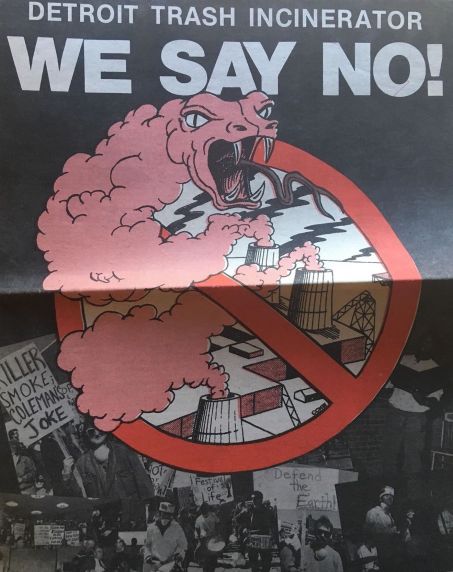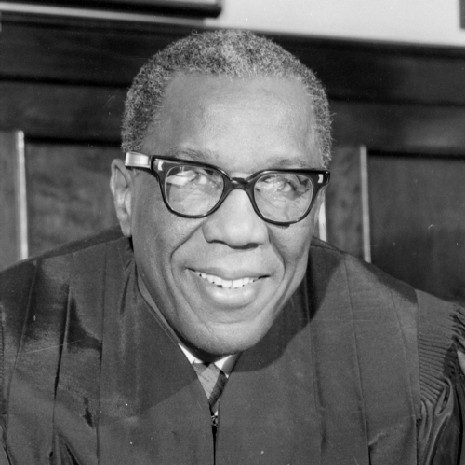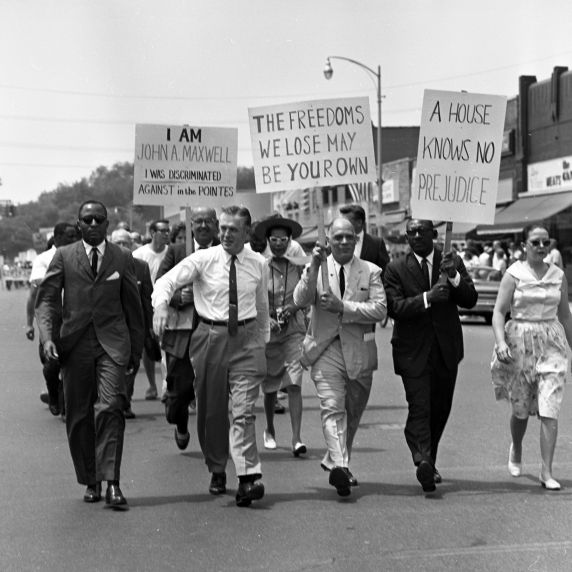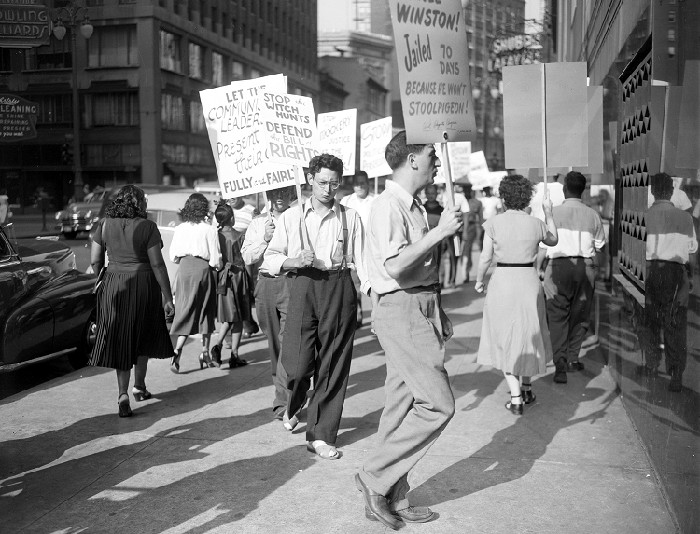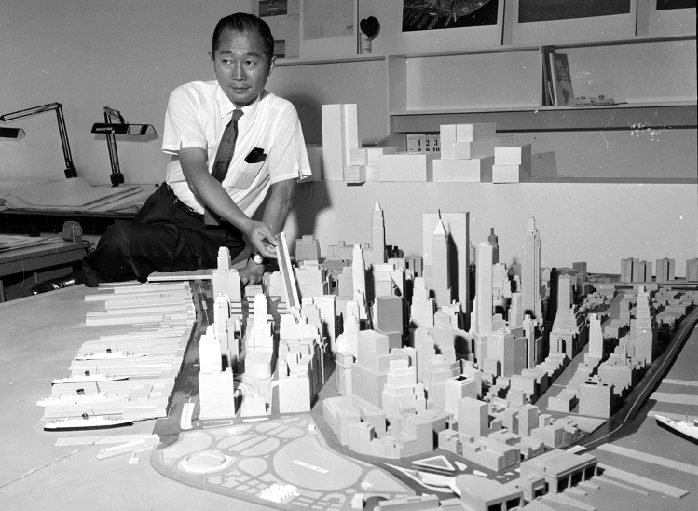Dr. Josiah Rector explains that since the 1880s a confluence of unregulated industrial capitalism and racist practices in housing and employment in Detroit created pollution and environmental disasters disproportionately affecting the poor, working class, and particularly African Americans. He explores the resulting environmental justice movements in Detroit as residents have fought for clean air, water, and improved public health amid government and corporate divestment and Detroit’s 2013 bankruptcy. Rector is an assistant professor of urban, environmental, and labor history at the University of Houston and author of Toxic Debt: An Environmental Justice History of Detroit.
Related Resources
Toxic Debt: An Environmental Justice History of Detroit
Related Collections:
Joe Brown Papers
Olga Madar Papers
Thomas W. Stephens Papers
UAW Conservation and Recreation Department Records
UAW Foundry and Forge Departments Records
UAW Health and Safety Records
UAW President’s Office: Douglas Fraser Records
UAW President’s Office: Walter P. Reuther Records
UAW President’s Office: Leonard Woodcock Records
Episode Credits
Producers: Dan Golodner and Troy Eller English
Interviewee: Josiah Rector
Music: Bart Bealmear
Podcast: Play in new window | Download | Embed
Subscribe: Apple Podcasts | RSS | More
